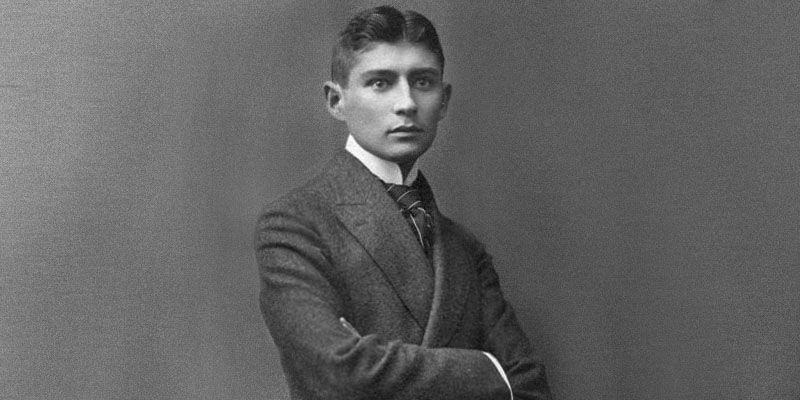Pioneer Spiritualist
- Solomon K.

- Jul 27, 2025
- 3 min read
Born in 1240 in Spain, not far from Barcelona, Abraham Abulafiya studied Bible and Talumud under his father.
He set out in 1260, after his father died, to search for a legendary river named the Sambatyon, where the 10 lost tribes allegedly were - he reached the land of Israel and turned around.

He married in Greece, then stayed in Italy to study (primarily) the philosophy of Maimonides, the Rambam, until 1270.
Then he came back to Spain, to Barcelona, where he studied Kabbalah, the book Sefer Yetzirah, and more...
He left for Italy in 1274 after experiencing mystical revelations of sorts...
“As I was 31 years old in Barcelona the Lord woke me from my slumber and I studied Sefer Yetzira with its commentaries and the hand of the Lord was upon me. And I wrote books of wisdom, among them books of wonderful prophecy, and my spirit was invigorated within me, and the spirit of the Lord moved my heart and a spirit of holiness showed within me.
And I saw many awesome visions and wondrous things by signs and miracles, and generally zealous spirits surrounded me… and I was startled because I could not find a man among my kind to instruct me the way by which to walk…” (Sefer Otzar Ganuz)
Abulafiya’s method is based on combinations of letters, gematria, names of angels and G-d, meditation and ecstatic spirituality - described as prophecy.

He wrote many books and made many students, mostly while in Italy.
What is Maimonides
What can we say about the approach of Abulafiya that is a general principle? He is at the same time a follower of Maimonides as well as a major spiritualist. This does not go without saying!
Today, historically, Maimonides is considered, rightfully so, the opposite of a spiritualist. He is the great religious legal authority AND the greatest Jewish medieval philosopher, but not the mystical kind of philosopher.

Still, some spiritualists, among others, interpreted the Rambam's approach in a mystical manner. How can this be? Just so :-)
Part of the Maimonides approach, as an Aristotellian take of Jewish philosophy, is that there are levels of intellect - man is above the animals, for example…
Ultimately, there were the biblical prophets, who were great intellectual, rational, purely-minded individuals. They had the ultimate human intellect.
But for Abulafiya, the intellectual levels of man are spiritual. According to him, this is what Maimonides thought. Abulafiya reads Maimonides not as just rationalism but as rational and mystical.
(In the Hasidic movement theyl interpret Maimonides in a similar spiritual fashion.)
“Behold, all the prophets and sages and also philosophers, clarified the essence of the imaginative picture and the purpose of their attainment, and they said that the imaginative picture is very bodily.
And for that reason one cannot make a picture of the intellectual things, except sharing attainments by physical forms.
And therefore even the prophet, during attainment of prophetic speech that is provided abundantly from the Name be Blessed through the active intellect, according to combinations of the letters that are contemplated in their hearts, it is not possible to avoid picturing what is attained in the forms of body in the spoken words with the prophet, because of the reality of the imaginative force inside him…”
(The Book of Life in the Next World)
These are ideas of Aristotle regarding the intellectual imagination to translate concepts and thoughts by mental imagery. Maimonides utilizes these principles vastly while describing the prophetic mind and much of the biblical literature. Abulafiya takes it to the spiritual level.
Maimonides' rational approach 'reduces' the biblical prophetic to philosophical enlightenment and metaphoric representations of principles of the natural world and the naturalistic G-d.

Abulafiya deems the prophets as highly intelligent theologians who are inducing powerful ecstatic experiences of the Spirit of the Almighty theistic biblical G-d. The G-d who cares and intervenes, a G-d of miracles and connection...
Okay. So Abulafiya’s approach is a combination of Maimonides’ philosophical intellectualism, biblical prophecy, early rabbinic mysticism, Sefer Yetzira and the methods of using letters and names.
Anything messianic so far? Aha. Eventually, messianism will mix into this general spiritualist approach of Abulafiya. But his approach is first of all fundamentally what was described above here in a nutshell.



Comments